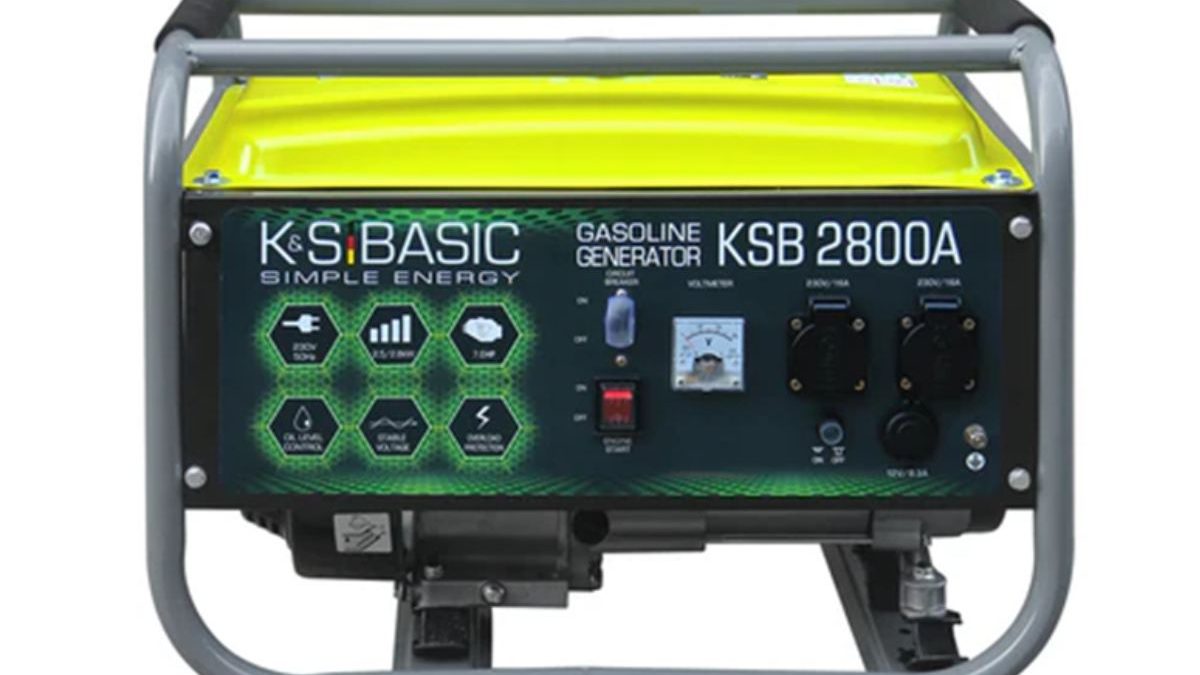A generator is a valuable device. It helps provide electricity in the absence of a centralized power supply. Such a unit is an indispensable assistant both in the country and in case of emergencies or at construction sites.
Modern generators can differ in fuel type, power, and other parameters. To choose the right model, you need to consider several important factors and analyze your personal needs. Könner & Söhnen offers a wide range of generators. You can visit the site https://konner-sohnen.com/fr-fr, where various options are presented.
Table of Contents
Types of Generators
Firstly, you need to understand the types of generators. Today, you will find different models on the market. They are suitable for specific operating conditions. You should familiarize yourself with the common types and their features. Such information allows you to decide the model that meets your needs.
Gasoline generators are most often selected by those who require additional power supply at their dacha or on a small plot. They are compact and easy to use. Diesel generators are suitable for more serious needs. They can provide power at construction sites or in large houses.
You can also choose gas generators. They are economical and environmentally friendly. However, such models have a particular feature: they need to be connected to a gas pipeline.
How to Choose the Right Generator?
Several key characteristics are important in the selection of a power supply. Power, fuel type, and noise can vary significantly between models. To avoid making a mistake, you need to understand what you are trying to accomplish and which parameters you are trying to prioritize.
Determine what you require from this device. If you plan to connect powerful devices, such as an air conditioner or an electric stove, you will need a more robust model. Fuel type is the second critical point that cannot be overlooked. Determine what is most acceptable for you in terms of finances and availability.
Diesel generators will provide more significant savings but create more noise and are more expensive. Gasoline models are easier to operate but require more frequent refueling.
The generator’s noise level is not the last factor you should consider. This indicator is significant if you use the generator in residential areas or the country. Some models are specially designed to work in conditions where noise becomes an essential factor. Modern models can have additional functions: short-circuit protection and voltage stabilization.
Here are some key criteria to consider:
- power – it should meet your needs;
- fuel type – there are petrol, diesel, and gas models;
- noise level – the device should not create discomfort;
- starting system – it can be automatic or manual;
- additional functions – they are aimed at safer operation of the device;
- price of the device and its operating costs.
After reviewing this list, you should evaluate all your needs once again. A diesel model can be an excellent option if your main priority is low operating costs. A gasoline generator will be preferable if you require compactness and ease of use.
Conclusion
Choosing a generator requires attention to detail. Focus on your needs and consider all the characteristics. Pay attention to the power, fuel type, and noise level. A well-chosen generator will provide an uninterrupted power supply in any situation.

